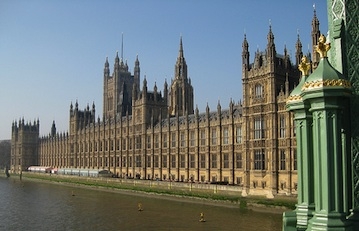MPS on the Work and Pensions Commitee are to re-open their inquiry into auto-enrolment to assess the impact the Lifetime ISA (LISA) announced in the Budget will have on auto-enrolment.
In the 2016 Budget, the Chancellor set out plans to introduce a Lifetime ISA, which will be available to any adult under 40 from April 2017. People will be able to save up to £4,000 each year and will receive a 25% bonus from the government on every pound they put in, until the age of 50. The LISA can be used towards buying a first home or as retirement income without a withdrawal penalty.
MPs say some people have raised fears that the LISA could undermine pensions auto enrolment as people may choose to opt-out and save in the LISA instead of their employer pension. People may also not understand where their money would be better off, or the benefits of employer contributions.
The Committee has heard concerns that there may be some “potential contradiction” between what the Treasury is trying do with the LISA and the auto-enrolment objective of ensuring people have sufficient income in retirement. Saving to buy a home may be more of an immediate priority than accumulating an adequate pension.
In evidence to the Committee on 23 March, Huw Evans, director general at the ABI said "The critical element of all this is that it doesn’t end up encouraging employers to say "choose the LISA instead", and thereby trying to duck out of their contributions. That would obviously run completely contrary to the grain of public policy that’s been agreed on a cross-party basis for the last ten years". He further noted that if more affluent under-40s take cash from their existing ISA and put it in the LISA to earn the Government contributions, that isn’t necessarily a good use of public money.
In the same evidence session, Joanne Segars, chief executive of the Pensions and Lifetime Saving Association, told the Committee: "We would be quite concerned if people took up the LISA option at the expense of matching contributions into their pension scheme."
The Committee is inviting further written evidence on the following points with a deadline of 17th April:
• To what extent is the Lifetime ISA compatible with auto enrolment and the Government’s wider pension strategy? What impact could the introduction of the LISA have on opt-out rates?
• To what extent will the LISA fill gaps in retirement saving among the self-employed? Are there more appropriate alternatives?
• Which groups would be better/worse-off saving into the Lifetime ISA than they would be under auto enrolment?
• What kind of guidance should be made available to help young people choose where to save their money?
• What impact will the option of using LISA savings to purchase a home (or potentially "other specific life events") have on pension savings?

